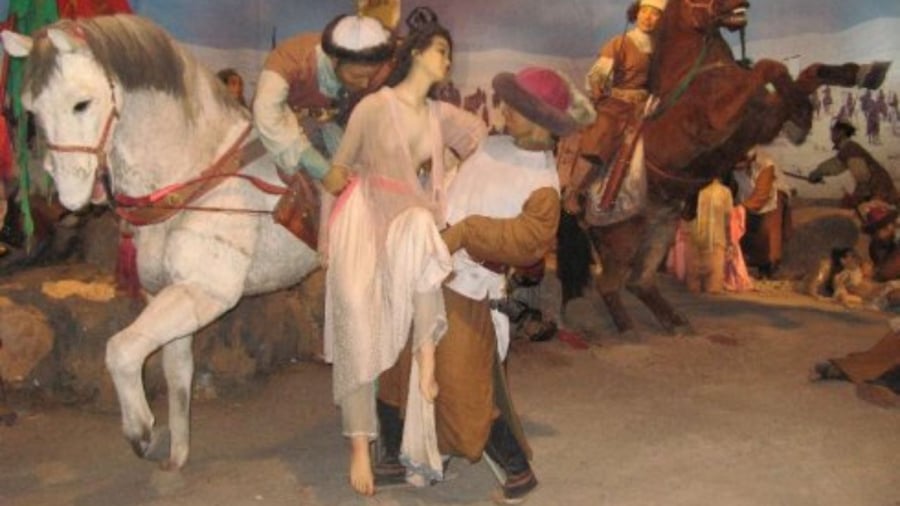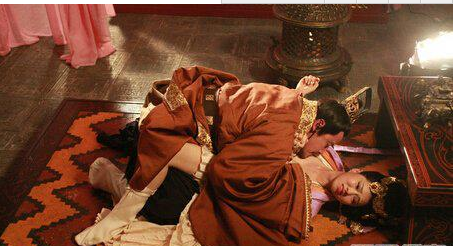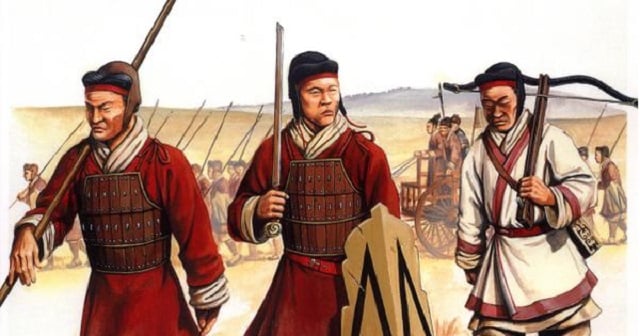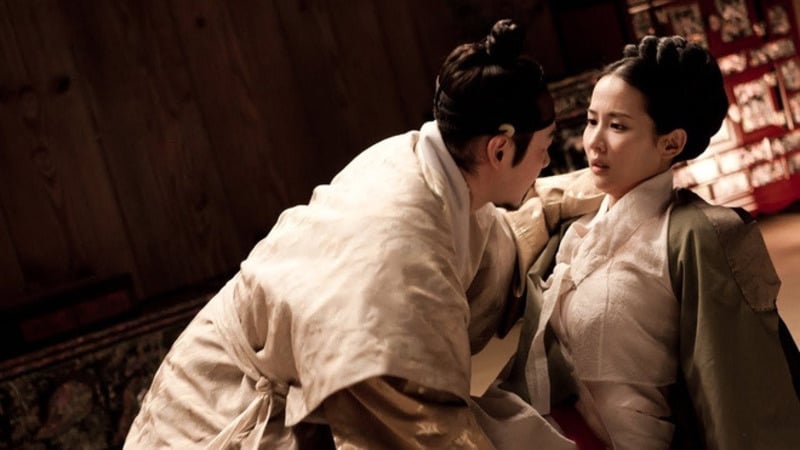Unlike women, men who go without sexual satisfaction for extended periods may experience tension, which can impact their performance on the battlefield. To address this challenge, various methods have been employed throughout history to cater to the sexual needs of soldiers. One of the most humane approaches is allowing the wives of soldiers to visit and care for their husbands.

The predominantly male environment of ancient Chinese militaries faced a significant challenge in addressing soldiers’ physiological needs.
A more cruel but encouraged method in ancient armies was relieving tension by… capturing women during conquests of foreign lands and nations. While this approach satisfied physiological needs and boosted soldiers’ morale, it was extremely inhumane, leaving captured women traumatized.
Most soldiers were in their youth or middle age, brimming with vitality, and thus, had strong physiological needs and desires. This situation could negatively affect the army’s performance, so measures were taken to address this issue. What options did soldiers have when away from home for extended periods? Ancient societies devised four main solutions to this problem.

Various methods were employed to reduce soldiers’ desires.
High-ranking officers, such as the commander-in-chief and other generals, belonged to the leadership class and enjoyed special privileges. Typically, they would bring their families with them on campaigns, providing some relief from their desires. However, this also caused considerable inconvenience.

Lower-ranked soldiers had different means of “relief”
What about the average soldier? How did they cope with their physiological needs?
Firstly, ancient wars did not always involve constant marching and fighting. During lulls in the battle or prolonged encampments, soldiers were granted leave and allowed to move freely. They could use this time to return home to their wives or visit nearby towns for entertainment.

Soldiers had access to secret areas to fulfill their needs.
Secondly, in ancient times, the military established “comfort stations” for soldiers’ recreational purposes. These stations employed widows and punished female criminals to provide services to the troops.
Thirdly, after conquering a city, soldiers were often allowed to loot, including taking people and property. This served to boost morale and strike fear into the enemy. Many soldiers took advantage of the chaos to abduct women for their physiological needs, an act that was inhumane and often sparked public outrage.
Lastly, the most humane solution was to encourage soldiers to “write letters.”
Who were these letters addressed to? Married soldiers expressed their love and longing for their wives, while unmarried soldiers wrote to their families, wishing their parents well and vowing to defeat the enemy and return home safely. Thus, letter-writing was a cost-free, humane method that boosted morale without harming others, making it a highly encouraged practice.
































